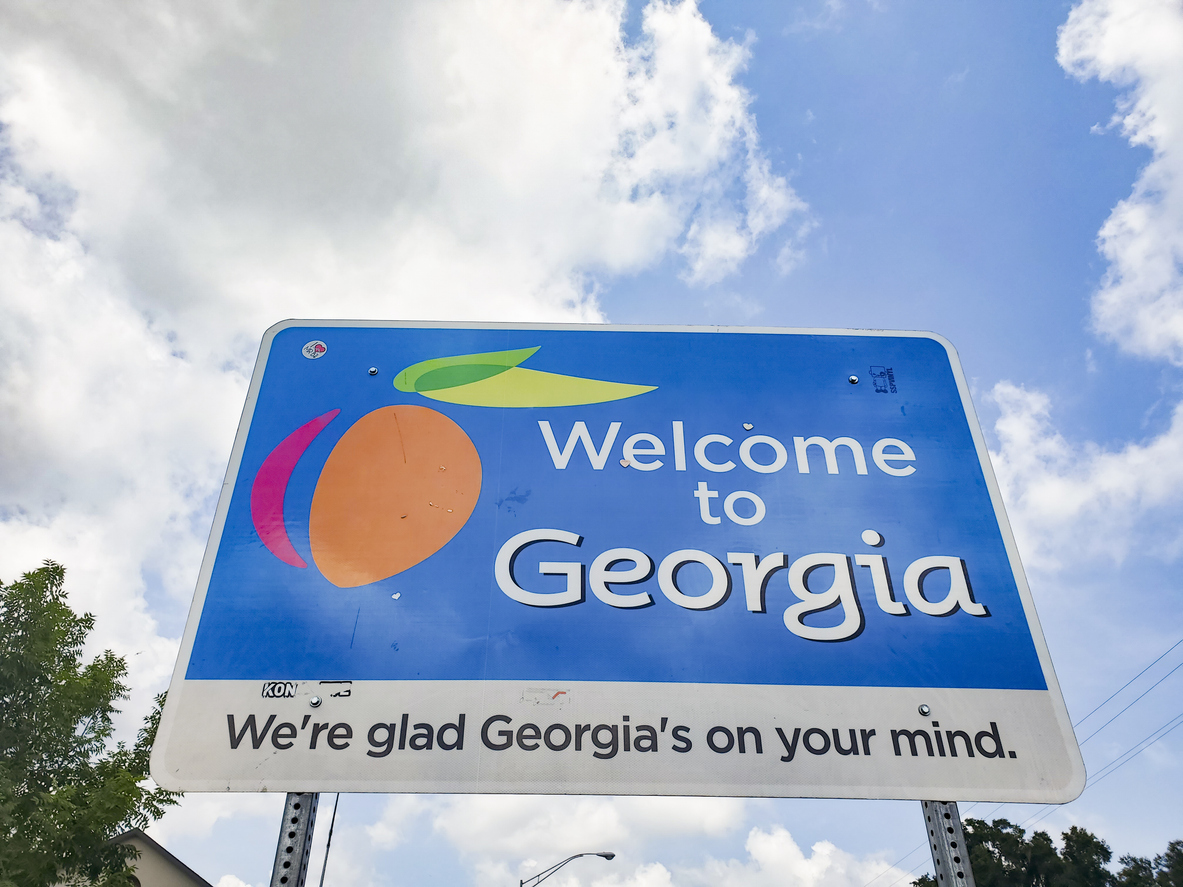The Role of Reporting and Assessment Data in Personalizing Learning: Tips for K-12 Teachers and Administrators
For today’s K-12 educators, the ability to effectively use reporting and assessment data is essential in creating meaningful, personalized educational experiences for students. As more districts shift toward competency-based education, classrooms are becoming increasingly personalized with each student’s needs taken into account. Leveraging reporting and assessment data will be integral in making this happen.
In this blog post, we’ll look at how educators can use reporting and assessment data to tailor instruction toward their students’ academic needs. We’ll also share practical tips on collecting useful information and devising strategies to make learning more individualized.
The Importance of Reporting in Personalized Learning
Summer learning programs provide a wide array of benefits for students in grades K-12. Beyond preventing the loss of academic skills over the summer, these programs allow students to expand their knowledge in fun and engaging ways. Summer learning can boost students’ academic performance for the coming school year and improve their confidence in the classroom. Perhaps more importantly, it can help students develop a lifelong love of learning. Whether in a classroom or on a field trip, summer learning is an excellent way for students to stay engaged and motivated while making the most of their summer break.
How to Make Use of Reporting and Assessment Data
As teachers, we all know that tracking student progress is an essential aspect of our job. But what do we do with all the data we collect? It’s not enough to simply collect scores, grades, and feedback. We need to analyze and interpret the information to make informed decisions about student learning. By utilizing reporting and assessment data effectively, we can identify student strengths and weaknesses, adjust our teaching strategies, and provide targeted interventions where necessary. It also helps us to communicate with parents, colleagues, and administrators about student progress in a meaningful way. Let’s explore how we can make use of this data to drive student achievement and succeed as educators.
Best Practices for Collecting and Analyzing Student Data
When it comes to successfully measuring student progress and performance, K-12 teachers have a wealth of reporting and assessment tools at their disposal. From formative assessments like quizzes and exit tickets to summative assessments like exams and performance tasks, there are many ways to gather data on how well students are meeting learning objectives. Education technology tools like Kahoot!, Quizlet, and Progress Learning can help make practice and assessments more engaging and interactive, while traditional tools like rubrics and checklists provide clear criteria for evaluating student work. Whether in person or online, these reporting and assessment tools are essential for ensuring that students are meeting academic standards and making progress toward their educational goals.
Strategies for Supporting Teachers in Using Data
Supporting teachers to effectively use reporting and assessment data is crucial for student success. There are several strategies that can assist teachers in interpreting, analyzing, and utilizing this data. One effective strategy is to provide professional development opportunities that focus on data-driven instruction. This can include training on how to analyze data, develop targeted interventions, and track student progress. Another key strategy is to establish collaborative data teams, which enable teachers to share resources, ideas, and best practices. Additionally, providing access to user-friendly data tools can help teachers access and interpret data so they can make informed decisions.
Using Educational Technology for Reporting
With schools increasingly looking toward personalized learning as a way of creating meaningful educational experiences for all students, the importance of reporting and assessment data cannot be overstated. A high-quality edtech platform with progress monitoring and solid data collection can be a powerful tool for K-12 educators when it comes to implementing authentic personalized learning.
Looking for a quality solution for your own reporting and assessment data needs? Schedule a demo with Progress Learning today!


